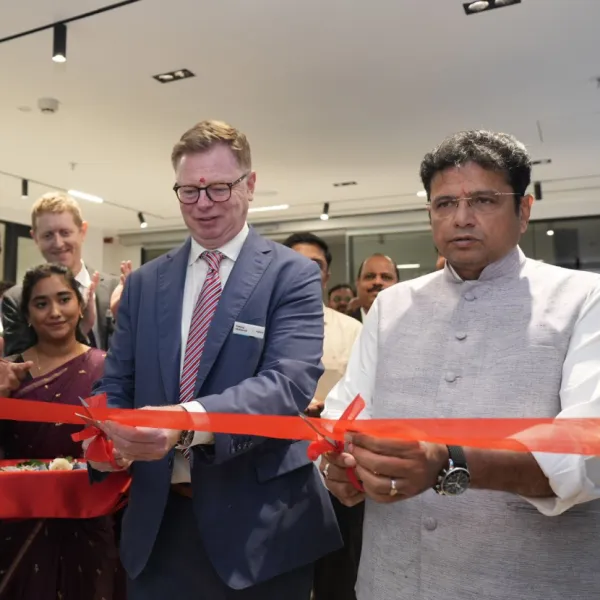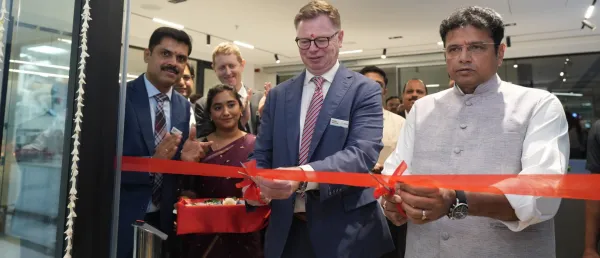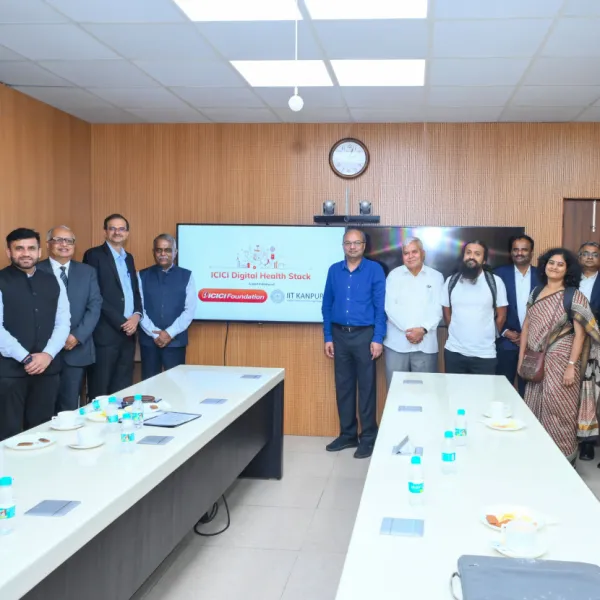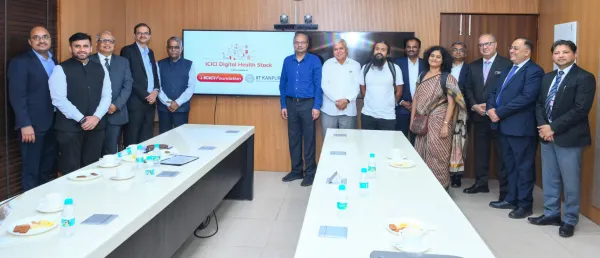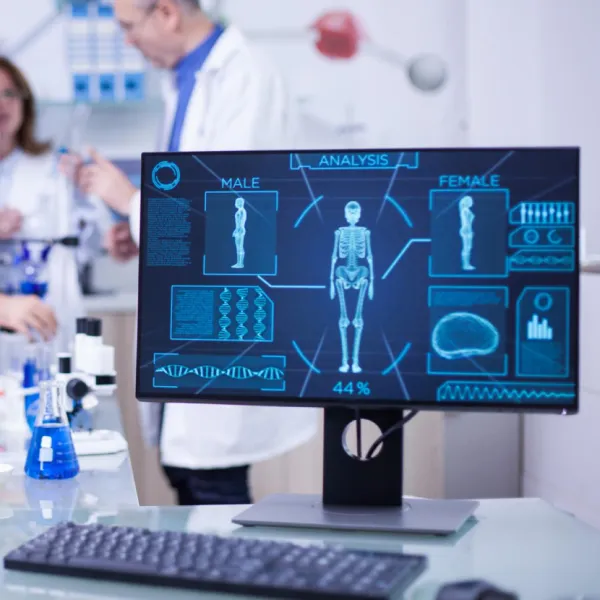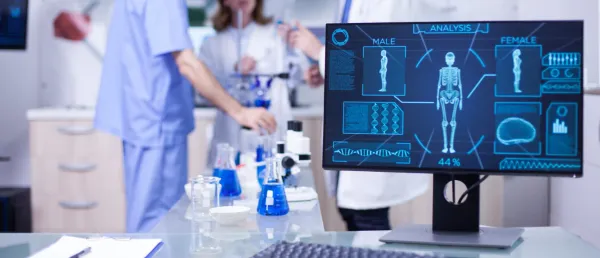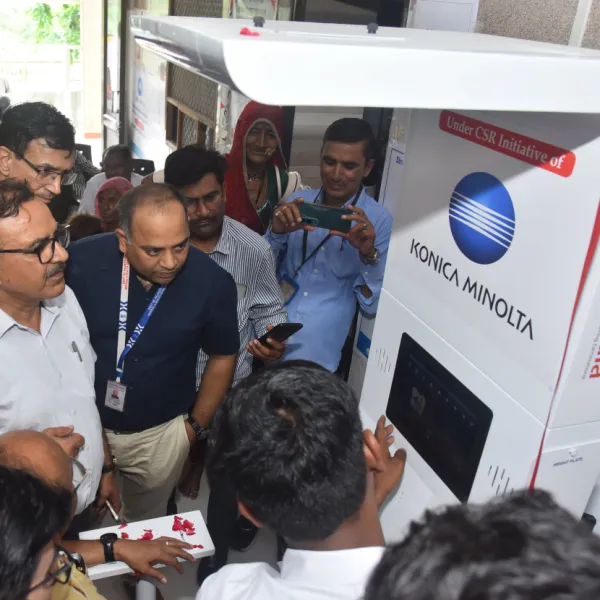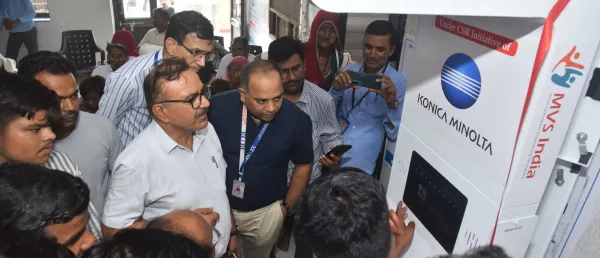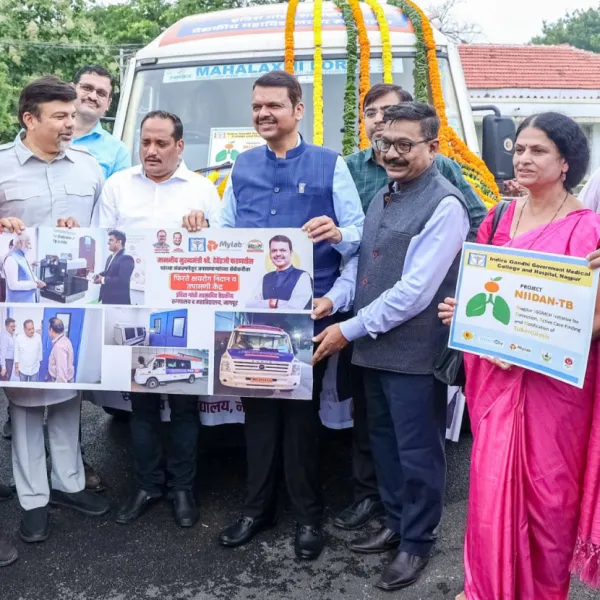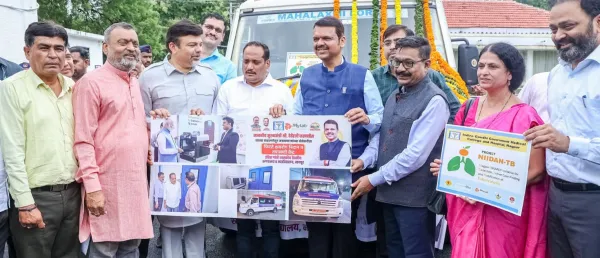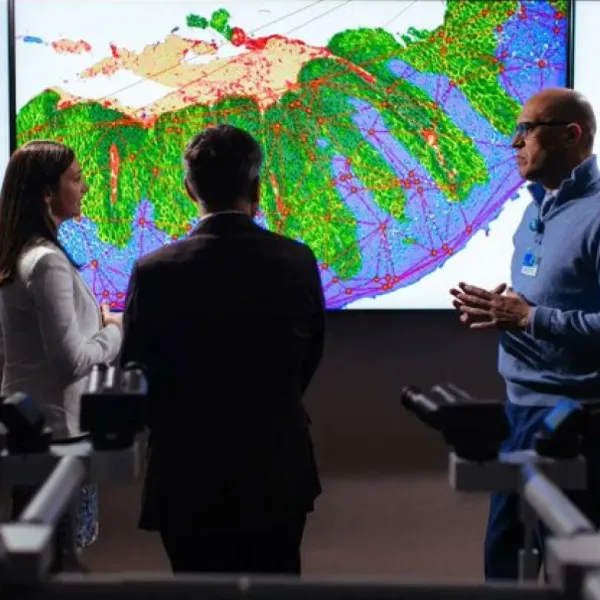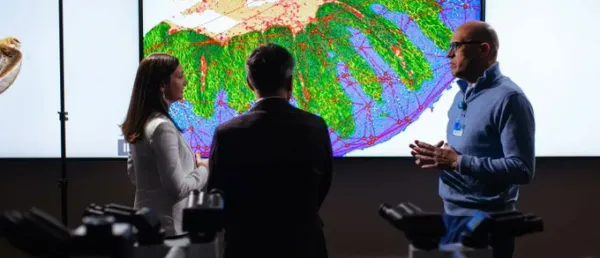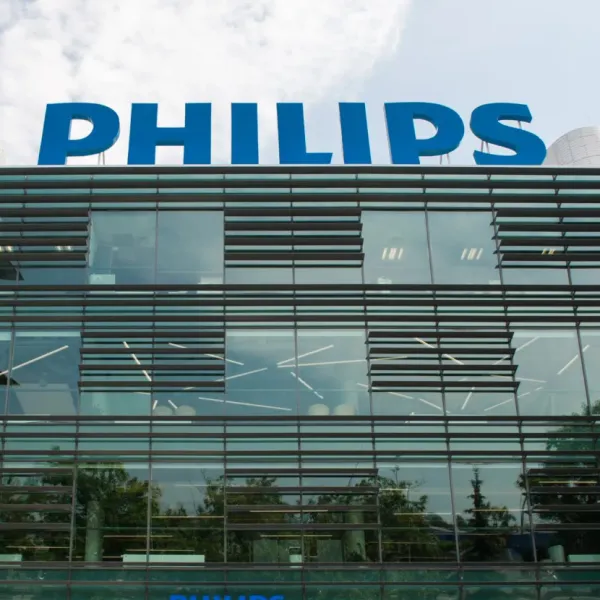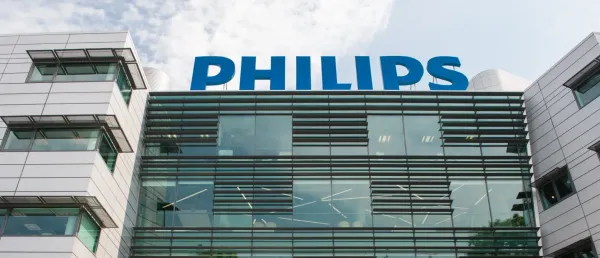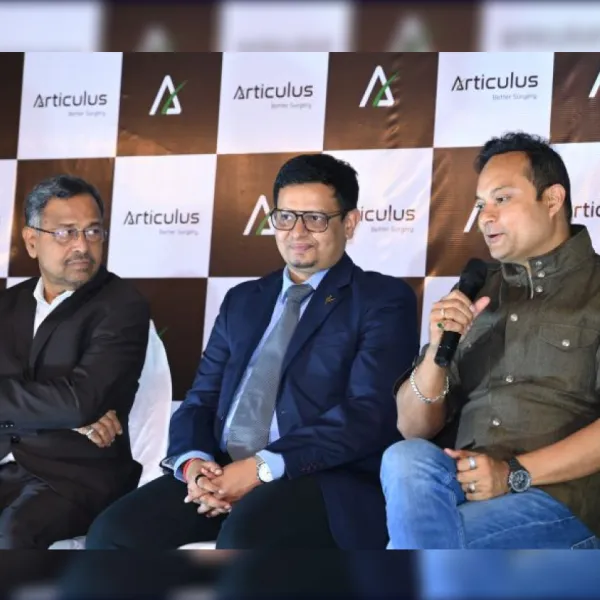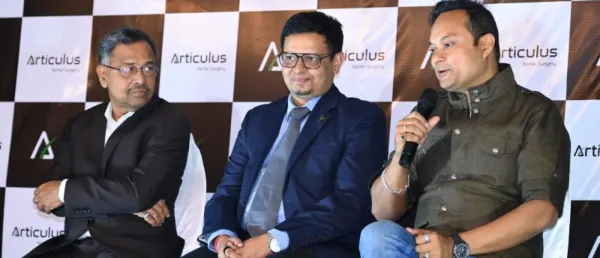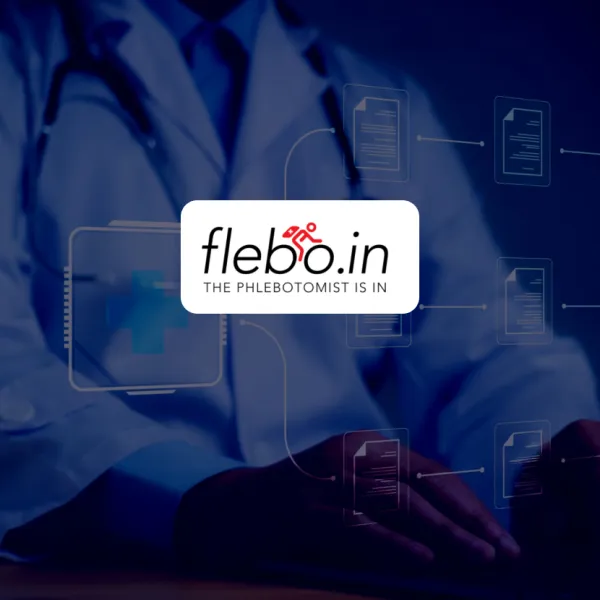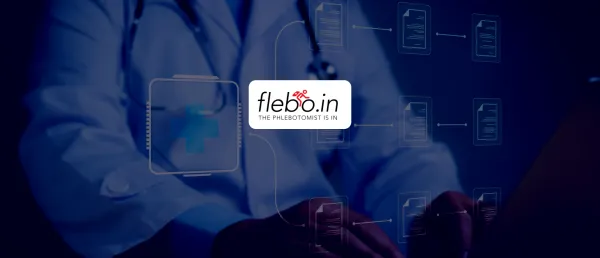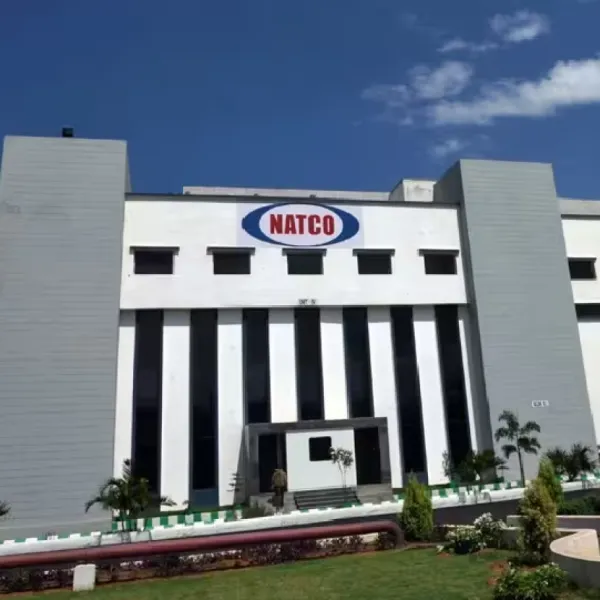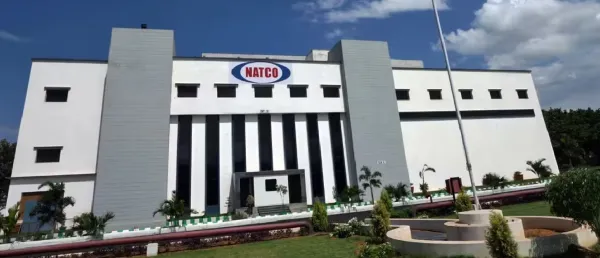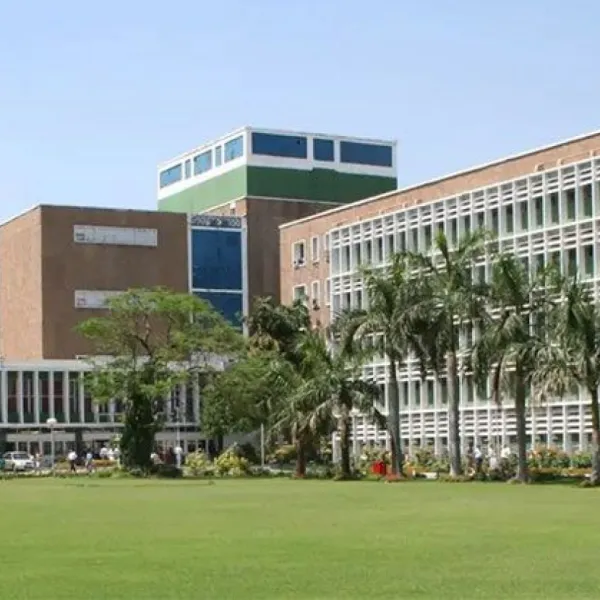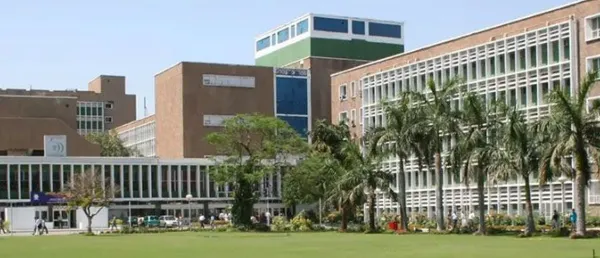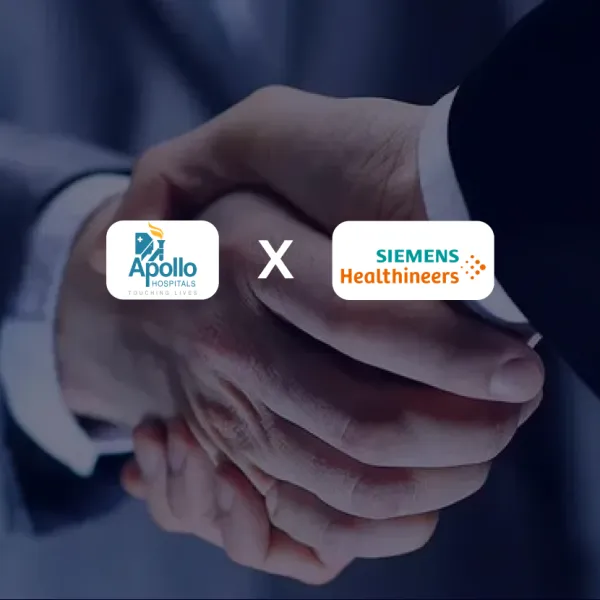National Doctor’s Day 2025 Spotlights AI Helping the Caregivers

Doctors have always been the backbone of our healthcare system, known for their relentless service and commitment, especially during challenging times. National Doctors’ Day, celebrated on July 1st, is a tribute to these health warriors and commemorates the birth and death anniversary of Dr. Bidhan Chandra Roy, a legendary physician and the second Chief Minister of West Bengal.
This year’s theme, “Behind the Mask: Care for Caregivers,” set by the Indian Medical Association and the Health Ministry, focuses on supporting those who care for us.
Unlock the Future of Digital Health — Free for 60 Days!
Join DHN Plus and access exclusive news, intelligence reports, and deep-dive research trusted by healthtech leaders.
Already a subscriber? Log in
Subscribe Now @ ₹499.00Stay tuned for more such updates on Digital Health News







